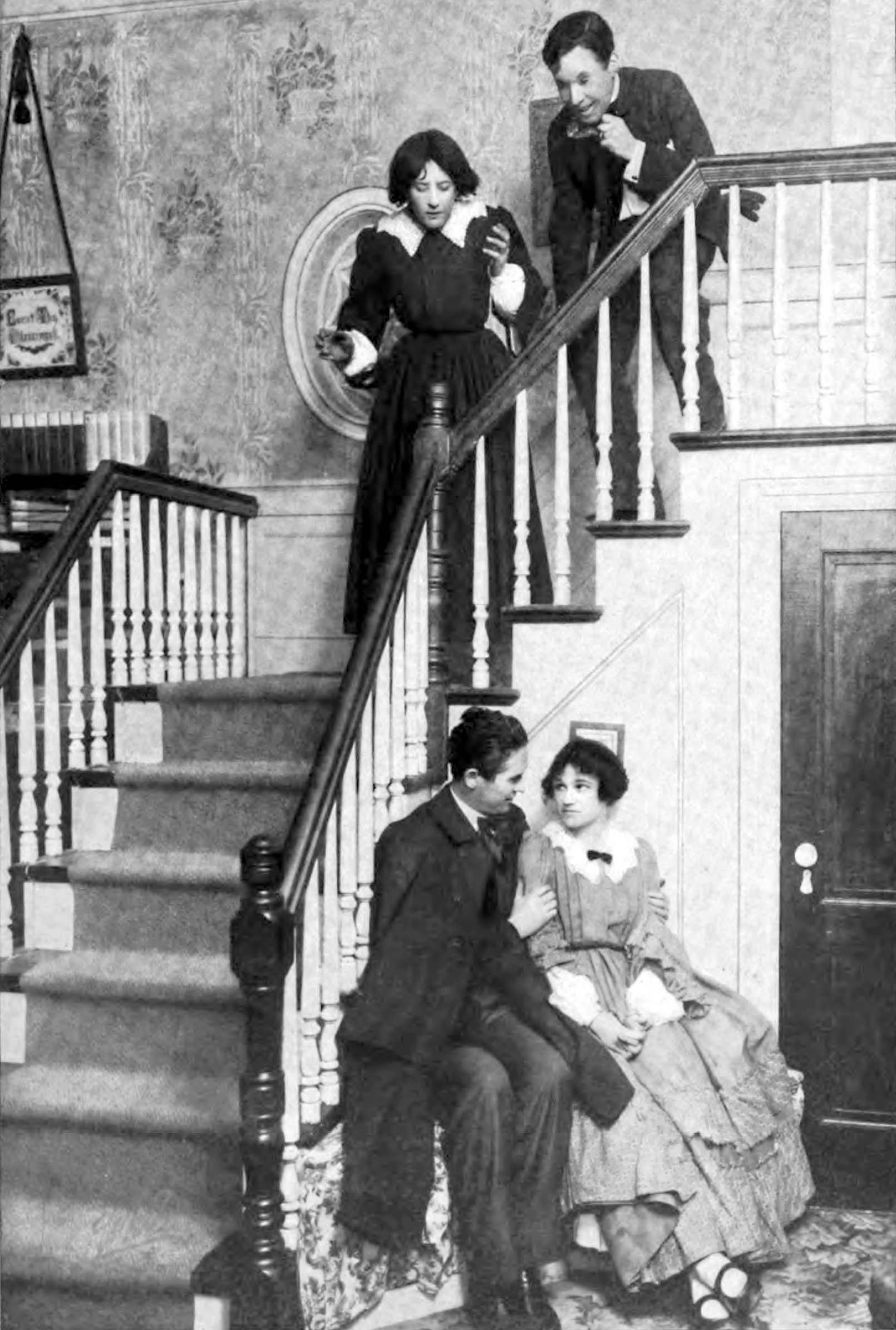|
So Ends Our Night
''So Ends Our Night'' is a 1941 drama directed by John Cromwell and starring Fredric March, Margaret Sullavan and Glenn Ford. The screenplay was adapted by Talbot Jennings from the novel ''Flotsam'' by German exile Erich Maria Remarque, who rose to international fame for his first novel, ''All Quiet on the Western Front''. Plot In 1937 Austria, Josef Steiner, a middle-aged German veteran who escaped from a concentration camp two years ago, and Ludwig Kern, a 19-year-old German from a prosperous family with Jewish blood, are picked up by the police. Lacking passports, they face deportation. Brenner, a German agent whom Steiner knows, offers him a passport in exchange for the names of the friends who helped him escape the camp, but Steiner demurs. Steiner and Kern share a jail cell with other prisoners, including the Chicken, the Pole and a professional gambler/pickpocket who is proud of his "full rights of citizenship." Steiner studies the gambler's card tricks and also befriend ... [...More Info...] [...Related Items...] OR: [Wikipedia] [Google] [Baidu] |
John Cromwell (director)
John Cromwell (born Elwood Dager; December 23, 1886 – September 26, 1979) was an American film and stage director and actor. His films spanned the early days of sound to ''film noir'' in the early 1950s, by which time his directing career was almost terminated by the Hollywood blacklist. Early life and education Born as Elwood Dager in Toledo, Ohio to an affluent Scottish-English family, executives in the steel and iron industry, Cromwell graduated from private high school at Howe Military Academy in 1905, but never pursued higher education. Early acting career, 1905–1912 Upon leaving school, Cromwell immediately began his stage career touring with stock companies in Chicago, then made his way to New York City in his early 20s. Billed as Elwood Dager in his youth, he changed his name to John Cromwell at the age of 26 following a 1912 New York stage appearance. Cromwell made his Broadway debut in the role of John Brooke in '' Little Women'' (1912) an adaptation of Louisa ... [...More Info...] [...Related Items...] OR: [Wikipedia] [Google] [Baidu] |
